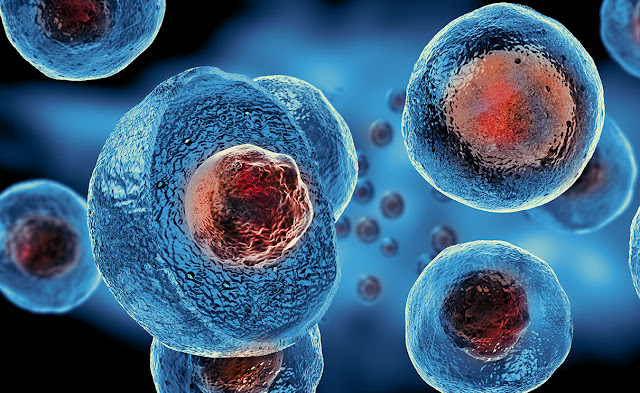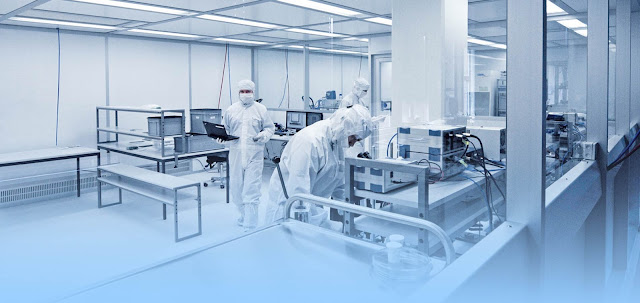Revolutionizing Healthcare: Unleashing the Potential of Stem Cell Therapy


 |
| Cleanroom Technology |
Cleanroom technology refers to a
controlled environment designed to minimize the presence of particulate matter,
microorganisms, and other contaminants that can compromise the quality and
integrity of sensitive processes and products. These specialized facilities are
utilized in various industries, including pharmaceuticals, electronics,
aerospace, and healthcare, where precision, cleanliness, and sterility are of
utmost importance.
Cleanrooms are constructed with
meticulous attention to detail, incorporating advanced engineering and
architectural principles. The main objective is to maintain a highly controlled
environment that adheres to specific cleanliness standards. Stringent protocols
and procedures are implemented to minimize contamination risks, ensuring the
production of high-quality goods.
One of the critical features of cleanroom
technology is air filtration. Cleanrooms employ high-efficiency particulate
air (HEPA) filters that capture and remove particles as small as 0.3
micrometers with high efficiency. These filters are strategically placed in the
air handling systems to provide a constant flow of filtered air, removing
contaminants and maintaining a controlled particle count within the cleanroom.
Moreover, cleanroom technology
encompasses the management of temperature, humidity, and pressure
differentials. Maintaining strict control over these parameters is crucial for
specific processes and products. Temperature and humidity control prevent
moisture-related issues, while pressure differentials help contain contaminants
within the cleanroom and prevent outside air from entering.
Cleanroom personnel also play a
vital role in maintaining the integrity of the environment. They are required
to wear specialized cleanroom garments, including coveralls, gloves, masks, and
shoe covers, to prevent the introduction of contaminants from their bodies.
Proper gowning procedures, including a sequence of steps for donning and
doffing the garments, are followed to ensure the highest level of cleanliness.
In addition to construction and
operational considerations, regular monitoring and testing are essential
components of cleanroom technology. Airborne particle counters and microbial
samplers are used to assess the cleanliness levels, while routine surface
sampling helps identify potential sources of contamination. Regular audits and
inspections help ensure compliance with industry regulations and standards.
Cleanroom technology has
revolutionized industries that require strict control over cleanliness, such as
pharmaceutical manufacturing, semiconductor production, and medical device
assembly. By minimizing contaminants, cleanrooms contribute to the production
of reliable, safe, and high-quality products. They enable advancements in
technology, facilitate research and development, and support critical
manufacturing processes.
Cleanroom technology plays a
crucial role in various industries where contamination control is paramount.
Through the implementation of specialized engineering, air filtration,
temperature and humidity control, and stringent gowning procedures, cleanrooms
provide a highly controlled environment for sensitive processes and products.
Regular monitoring and testing further ensure the adherence to cleanliness
standards, promoting the production of safe and reliable goods. Cleanroom
technology continues to advance, enabling innovation and driving progress
across multiple sectors.
Comments
Post a Comment